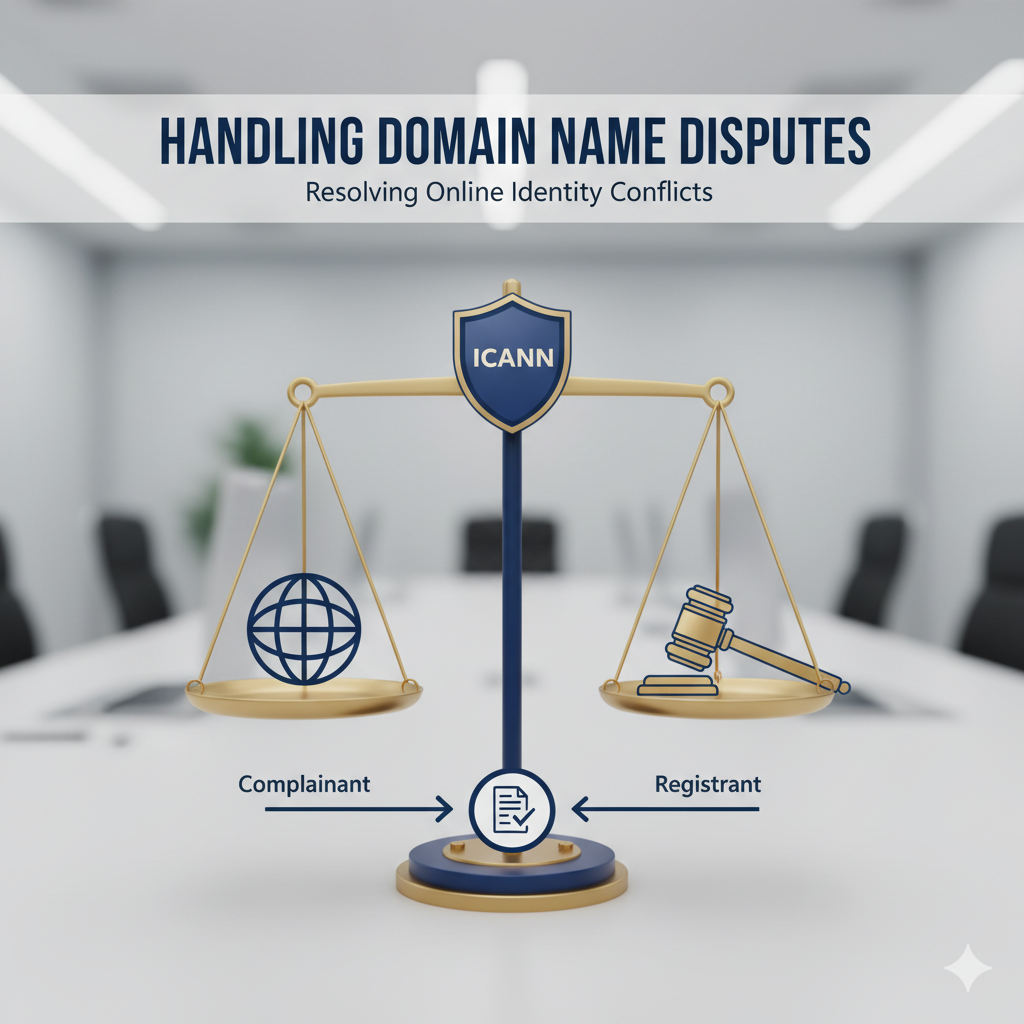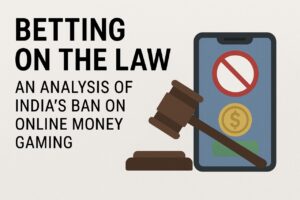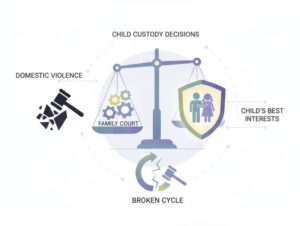
Domain Name
A domain name is a word or combination of words that helps people identify a website’s link to a specific person. Often referred to as Uniform Resource Locators (URLs), domain names are used to find websites. For any company looking to make a reputation for itself internationally, the Internet domain name is crucial. There are two components to domain names: top-level and second-level domain names. Anyone can purchase a domain name from a certified registrar for a set period of time, which the registrant can extend when it expires. If a domain name fulfils the requirements of a trademark under the Trade Marks Act of 1999, it could be registered and protected as a trademark. The Internet Corporation for Assigned Names and Numbers provides global protection for domain names that are registered trademarks (ICANN).
A company’s online presence is just as valuable as its tangible assets in the modern digital economy. Domain names act as customer gateways, branding instruments, and company identifiers. Due to this growing reliance, domain name disputes, sometimes known as cybersquatting proceedings, have increased in frequency. These conflicts, which usually target trademarks or well-known brands, frequently occur when people or organisations register, trade, or use domain names in bad faith. Understanding international frameworks, Indian jurisprudence, and strategic methods to resolution are necessary for handling such situations.
Domain Name Disputes
A domain name dispute usually arises when:
- A domain name is identical or confusingly similar to a registered trademark.
- The registrant has no legitimate interest in the domain.
- The domain is registered or used in bad faith, such as for resale at an exorbitant price, diverting web traffic, or harming the brand’s reputation.
Various ways of infringing Domain Name
Cyber Squatting
Cyber-squatting occurs when someone registers a domain name with no intention of engaging in a legitimate business or non-commercial activity, a practice known as domain name parking. This is a widespread practice by registrants to sell the domain name to authorised users for astronomical prices. It commonly happens to steal the business or defame the person out of rivalry.
Linking and Framing
Linking and framing is the process by which a user navigates to another website by clicking on a text hyperlink. This website is similar to a well-known company, and is created solely to deceive the consumers into believing that their domain name bares association with successful business entities that have a strong online presence.
Meta Tagging
Meta-tagging is the practice of using keywords and tags to trick search engines into showing the website that is being violated. They function similarly to hash tags, which are utilised on social media platforms to boost visibility.
International Framework: The UDRP
The internet has no geographical restrictions, and because most businesses operate worldwide, a domain name infringement may take place in a nation other than the one where it is registered. In contrast to local legislation, which can differ between jurisdictions, the Uniform Domain Name Dispute Resolution Policy (UDRP), a standard and uniform policy worldwide, can be used in the event of such a trans-border infringement. The Internet Corporation for Assigned Names and Numbers (ICANN) created the Uniform Domain Name Dispute Resolution Policy (UDRP), which offers a worldwide dispute resolution process for domain names. Trademark owners have the right to protest under the UDRP to dispute resolution organisations like the World Intellectual Property Organisation (WIPO).
The complainant must prove three things:
- When a domain name is confusingly similar to or identical to a trademark or service mark that the complainant is entitled to,
- The domain name owner has no rights or legitimate interests in the domain name, and
- The domain name has been registered and is used in bad faith.
Dispute Resolution
There are several ways to settle domain name disputes. Arbitral proceedings control disputes before the.IN Domain Name Dispute Resolution Policy (INDRP) or the Uniform Domain Name Dispute Resolution Policy (UDRP). While the latter allows the arbitration proceedings to be carried out in accordance with the terms of India’s Arbitration and Conciliation Act, 1996, the former allows the complainant to select the arbitrator from a list of providers. The Complainant may also pursue civil remedies, such as bringing an infringement lawsuit in a business court. especially in that case, the Trade Marks Act of 1999 is used to settle the domain name dispute, and the Civil Procedure Code of 1908 is followed during the proceedings. In order to prevent litigation expenses and a protracted dispute pending, the complainant may also choose to settle out of court. It appears that the complainants have the freedom to select the method of conflict settlement that they like.
Conclusion
It is crucial to defend and preserve an online business’s trademark or brand name because of the emergence of the internet and the growth of businesses and their presence on it. Similar to trademark infringement, domain name disputes have transformed the online world. With the advent of artificial intelligence and other techniques, brand owners may now more easily detect online trademark infringement than on-ground infringements because domain names are accessible from anywhere in the world. In the event of a suspected violation, it is advisable to submit a Domain Name Dispute Complaint because it is observed that court precedents tend to favour the trademark owner or previous user.
by Vaishnavi Verma



